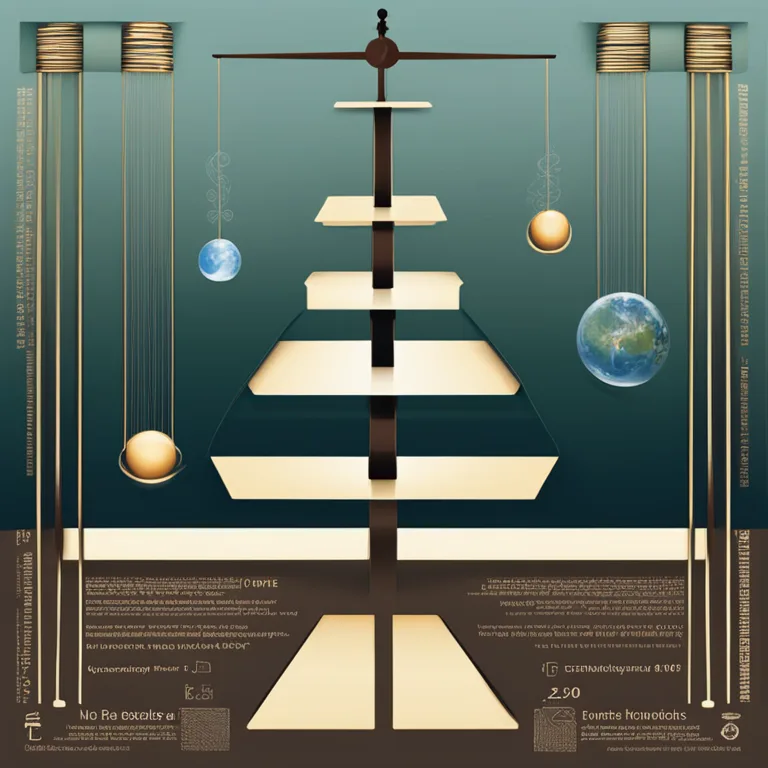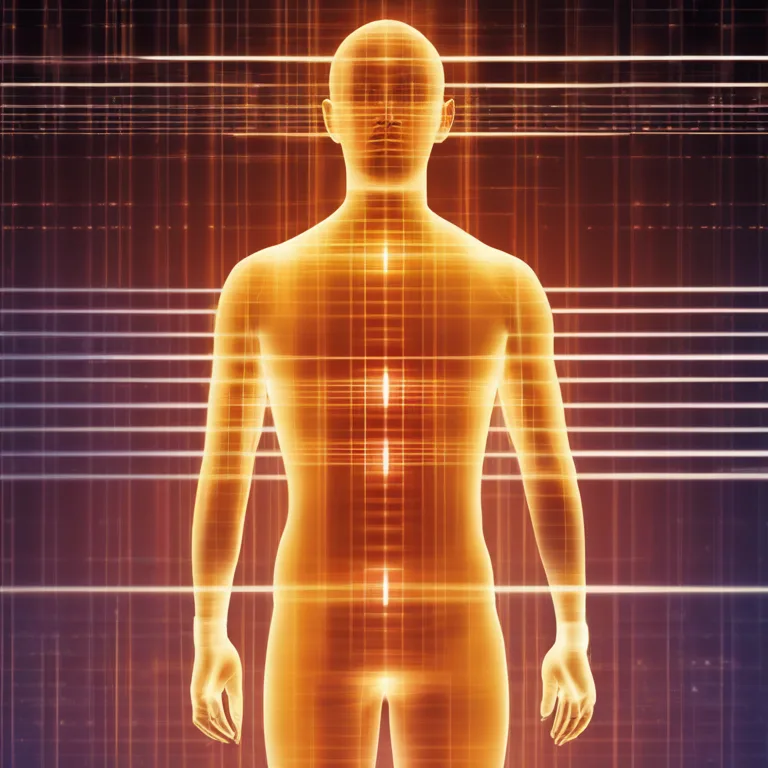
The Efficacy of Biorhythms: Myth or Reality?
Delve into the concept of biorhythms and examine if they hold any scientific basis or are merely a fascinating pseudoscience.
article by Adrian Wallace
Biorhythms: A Brief Overview
The concept of biorhythms suggests that our lives are influenced by biological cycles that affect our physical, emotional, and intellectual abilities. According to the theory, these cycles begin at birth and oscillate in a predictable pattern throughout our lives. The hypothesis posits that by understanding and tracking these rhythms, one can anticipate periods of high performance and low energy. Originally conceptualized in the late 19th century, biorhythms have since been a subject of curiosity, with various tools and software created to chart these cyclical patterns.

Scrutinizing the Scientific Backing
The scientific community remains skeptical about the validity of biorhythms. Few empirical studies have provided evidence to support the theory. Critics argue that biorhythms, like horoscopes, are too general and do not account for individual variability and the complex nature of human biology. Proponents, however, claim anecdotal success in forecasting periods of well-being and suggest that further research could validate the concept. As of 2024, the field still awaits conclusive, peer-reviewed research to substantiate biorhythm predictions.

The Psychological Factor
One cannot dismiss the placebo effect when considering biorhythms' perceived efficacy. If individuals believe that the cycles are influencing them, this belief alone may impact their behavior and performance. This psychological aspect adds another layer of complexity, blurring the lines between actual influence and perceived results. Therefore, understanding biorhythms' impact also requires examining human psychology and our tendency to find patterns and meanings even in random data.

Technology in Biorhythm Research
Advancements in technology have led to the development of sophisticated algorithms and wearable gadgets that purport to monitor personal biorhythms. By continually tracking physiological data, these devices aim to provide users with insights into their optimal times for various activities. Nevertheless, the precision and practicality of such technology remain contentious, and developers continue to refine their algorithms in an attempt to produce reliable and actionable outcomes.

Critical Voices and Alternative Views
Critics argue that the forecasting of events based on biorhythms is not only unproven but may also lead to self-fulfilling prophecies. Skeptics caution against relying on biorhythm charts to make important life decisions. Furthermore, many point to successes in fields like medicine and psychology, which rely on scientifically proven methods rather than cyclical predictions, thus highlighting alternative ways to understand and enhance human performance.
Personal Experimentation and Mindfulness
Despite the contentious debate, some individuals opt to personally experiment with biorhythms, using them as a tool for mindfulness and self-reflection. Tracking one's energy levels and emotions can foster greater self-awareness, regardless of the scientific validity of biorhythms. As a result, while the jury is still out on whether biorhythms truly work, they continue to provide a framework for some to introspect and potentially improve their daily routines.
Looking Ahead
As we advance into the future, the convergence of biorhythms with personalized medicine and artificial intelligence may offer new opportunities to test the theory more rigorously. Potential research could integrate biorhythmic patterns with genetic information or lifestyle data to explore connections that have so far eluded scientists. Whether these investigations will yield supportive evidence for biorhythms or debunk the concept entirely remains an open question that only time and science can answer.
Published: 12/28/2023
Modified: 12/28/2023
More predictions
Come back here soon to learn more about yourself and your future


Unlocking Your Body's Natural Clock
Explore the intriguing world of biorhythms and discover how they influence your physical, emotional, and intellectual states.


Biorhythm Wheel: Unlocking The Secrets
Explore the intriguing world of the biorhythm wheel to understand your physical, emotional, and intellectual cycles for enhanced well-being.


Biorhythm Theory: Fact Or Fallacy?
Explore the fascinating concept of biorhythms to discern if there's any scientific accuracy behind this popular belief.